Indoor air quality is a crucial aspect of maintaining a healthy home environment. Poor air quality can cause various health problems, from respiratory issues to headaches and fatigue. During spring cleaning in Toronto, many homeowners engage in activities that can significantly impact indoor air quality.
In this blog, we’ll explore the importance of indoor air quality during spring cleaning and provide tips for maintaining clean, healthy air in your home.

The Benefits of Good Indoor Air Quality
Prioritizing good indoor air quality is crucial for maintaining a healthy home environment. In this section, we’ll explore the numerous benefits of clean air, including how it can improve physical health, enhance the quality of life, and increase productivity. Understanding these benefits is essential for recognizing the importance of indoor air quality during spring cleaning and beyond.
-
Better health outcomes
Good indoor air quality has been linked to better health outcomes. Poor air quality can aggravate respiratory illnesses like asthma and allergies and can also lead to headaches, fatigue, and other health problems. On the other hand, clean air can reduce the risk of these health issues and promote overall physical well-being. By prioritizing good indoor air quality during spring cleaning, you can create a healthier living environment for yourself and your family.
-
Improved quality of life
Improved indoor air quality can lead to a better quality of life. Clean air can lead to better sleep, increased energy levels, and reduced stress, among other benefits. By breathing in clean air, you can feel refreshed and rejuvenated, enhancing your overall well-being. Prioritizing good indoor air quality during spring cleaning and beyond can help create a comfortable living environment promoting a higher quality of life.
-
Increased productivity
Good indoor air quality can also increase productivity. Clean air promotes focus and mental clarity, leading to better performance in work and other activities. By breathing in fresh air, you can feel more alert and energized, increasing productivity and efficiency. Prioritizing good indoor air quality during spring cleaning and throughout the year can help you create a productive living and working environment that supports your personal and professional goals.

Common Spring Cleaning Activities That Affect Indoor Air Quality
During spring cleaning, many common activities can significantly impact indoor air quality. Three of the most common spring cleaning activities that can affect air quality are dusting and vacuuming, using cleaning products, and opening windows. Let’s take a closer look at each of these activities and how they can affect the air quality in your home.
Dusting and vacuuming
Dusting and vacuuming are essential for removing dirt, dust, and other particles from your home. However, they can also kick up dust and allergens, leading to poor air quality. To minimize the impact of these activities on air quality, use a vacuum with a HEPA filter that can capture small particles and dust.
Using cleaning products
Many cleaning products contain harsh chemicals that can emit volatile organic compounds (VOCs) into the air, leading to poor air quality. To minimize the impact of cleaning products on air quality, use non-toxic cleaning products or make your own cleaning solutions using natural ingredients like vinegar and baking soda.
Opening windows
While opening windows can improve ventilation and bring fresh air into your home, it can also introduce outdoor pollutants like pollen, dust, and exhaust fumes. To maximize the benefits of opening windows while minimizing the impact on air quality, open windows with good outdoor air quality and use window screens to filter out particles.

How to Improve Indoor Air Quality During Spring Cleaning
While spring cleaning can hurt indoor air quality, there are several steps you can take to improve air quality during this time. Here are some tips for improving indoor air quality during spring cleaning:
- Use non-toxic cleaning products: Instead of using harsh chemicals that can emit VOCs, opt for non-toxic cleaning products or make your own cleaning solutions using natural ingredients like vinegar and baking soda. This can help reduce the amount of pollutants released into the air during cleaning.
- Properly ventilate your home: Proper ventilation is essential for maintaining good indoor air quality. Open windows and doors when weather permits to increase air flow and improve ventilation. You can also use exhaust fans in bathrooms and kitchens to remove moisture and odors.
- Regularly change your air filters: Air filters can become clogged with dust and other particles, reducing effectiveness. Regularly changing your air filters can help improve air quality by removing these particles.
- Clean your air ducts: Over time, air ducts can become filled with dust, dirt, and other pollutants, leading to poor air quality. Cleaning your air ducts can improve air quality and help your HVAC system operate more efficiently.
With these tips, you can improve indoor air quality during spring cleaning and beyond, creating a healthier and more comfortable living environment for yourself and your family.
Find Help Improving Indoor Air Quality on Souqh
If you need help improving your indoor air quality during spring cleaning and beyond, Souqh is here to help. Souqh is a marketplace where you can find professional cleaners, HVAC technicians, and organizers who can help you improve your indoor air quality and maintain a healthy living environment.
With Souqh, you can easily find and connect with service providers who can help with tasks like air duct cleaning, HVAC maintenance, and home organizing. By enlisting the help of professionals, you can ensure that your home is properly maintained and the air quality is optimized.
To get started, simply visit the Souqh website and browse the available service providers in your area. You can read reviews and compare prices to find the right service provider. With Souqh, you can eliminate the hassle of improving indoor air quality and enjoy a healthier, more comfortable living environment.
Join Souqh.ca!


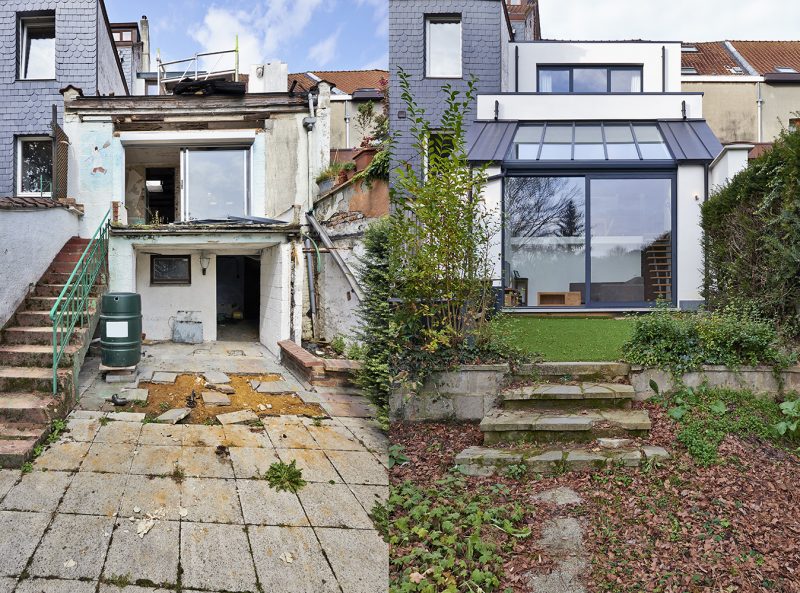

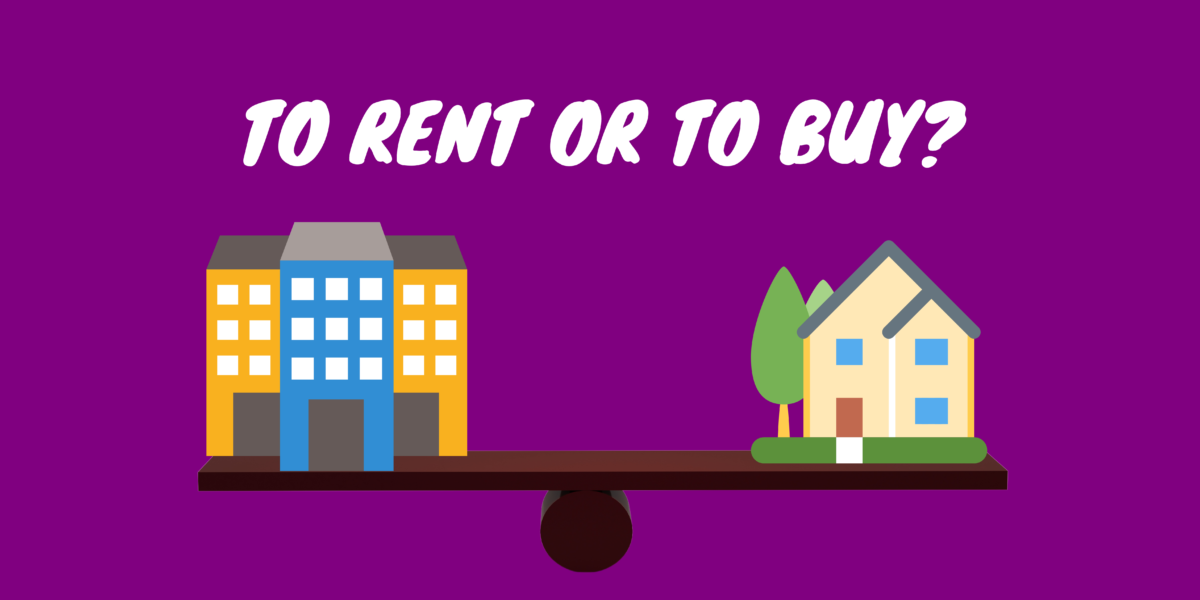
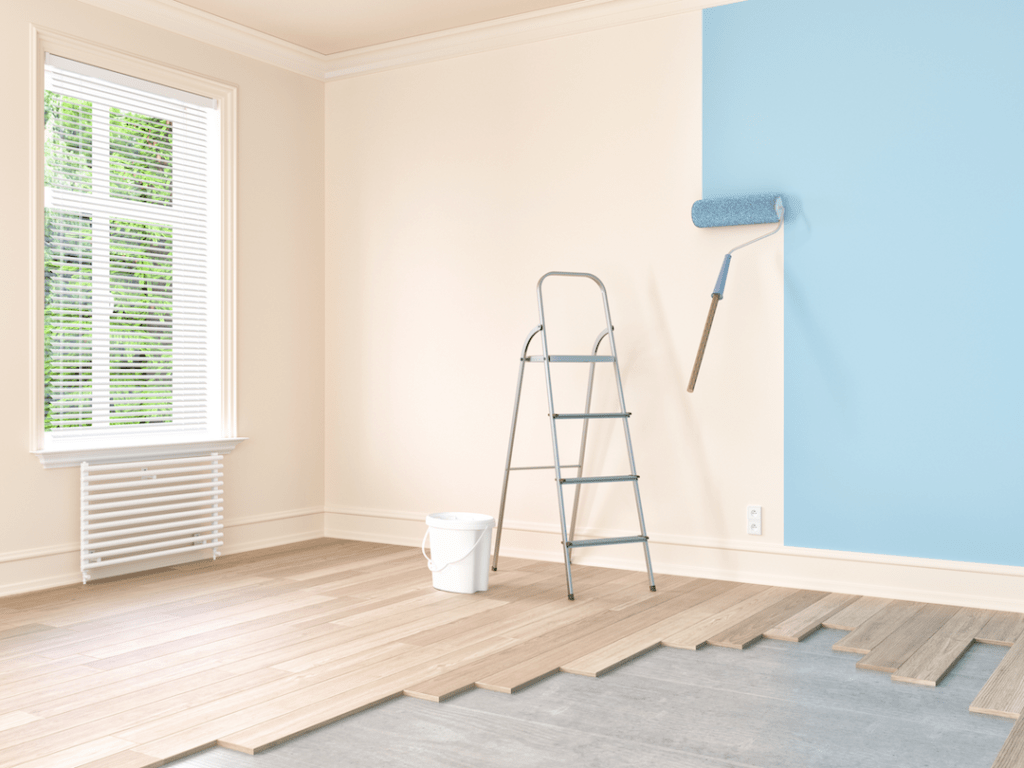
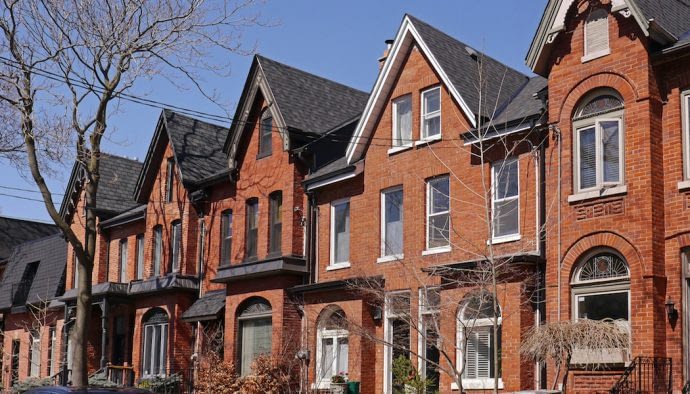




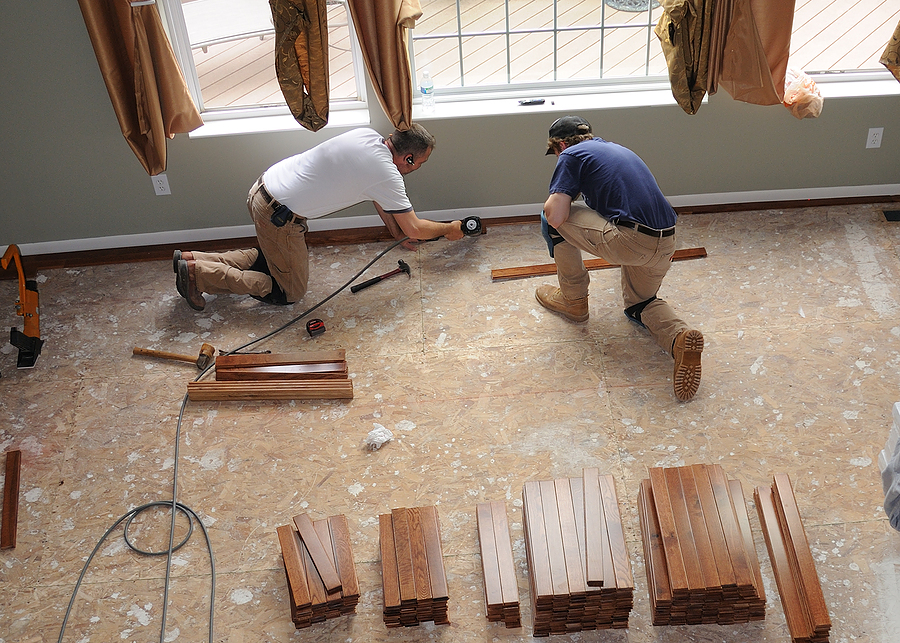




 1. Does my target customer shop there?
1. Does my target customer shop there?

